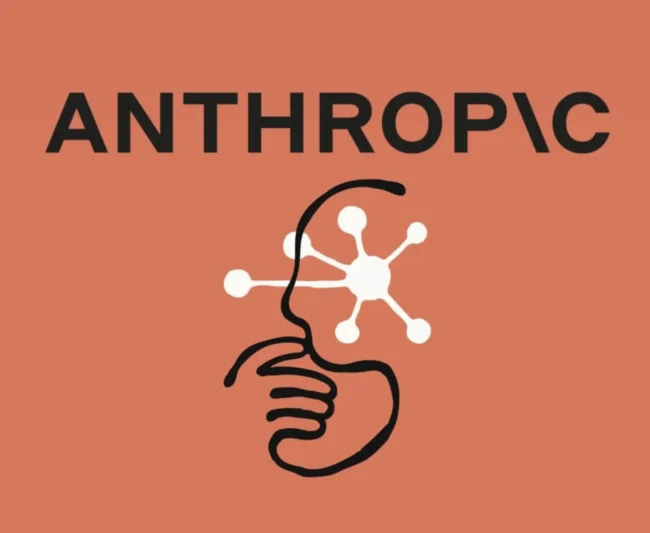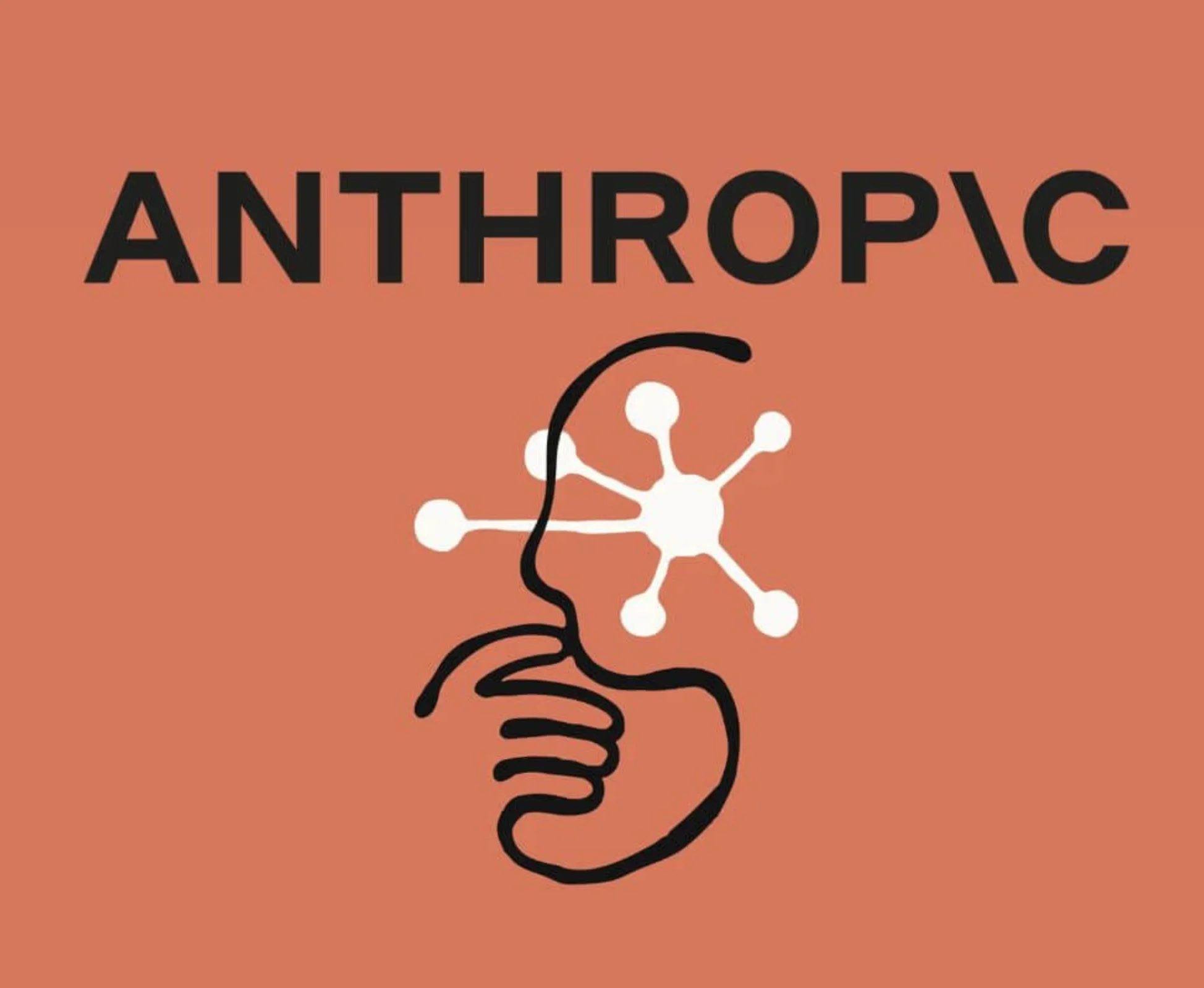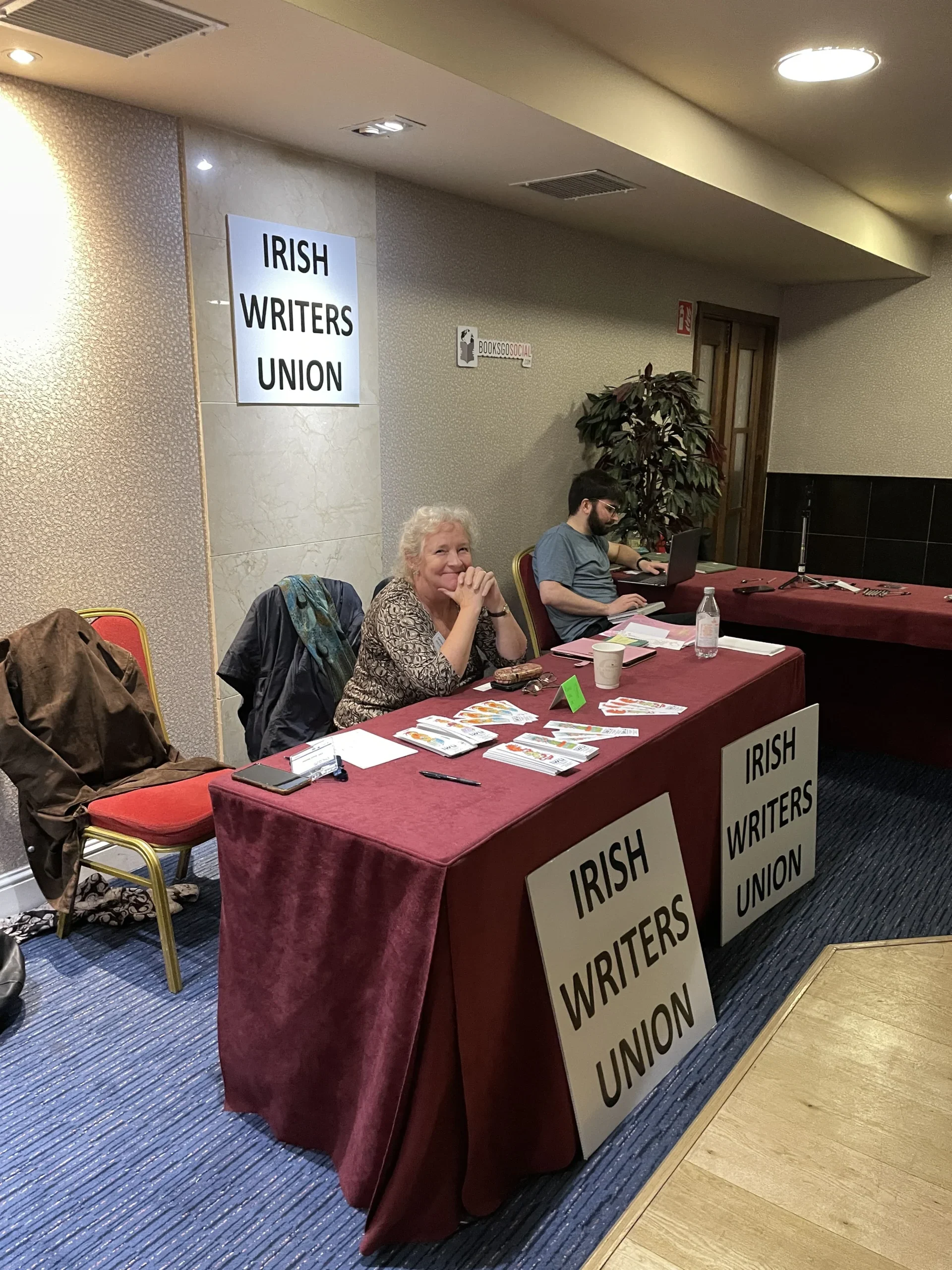
How to get a book published in Ireland without losing your house
The Irish Writers Union has negotiated publishing contracts since 1986, with both Irish publishers and those worldwide. Below, we highlight what to look out for in publishing contracts and especially the pitfalls that can trap the unwary author. We particularly draw your attention to recent trends concerning the reversion of rights clause in the digital age and the alarming phrasing of some publishers’ indemnity clauses.
While most publishers are reputable, even the most author-friendly often have outdated clauses or clauses that are not best practice. And some publishers make outrageous and unfair demands of their authors.
Let’s run through the main headings of a publishing contract and highlight the dangers as well as the model contract clauses that are approved by the Irish Writers Union.
Remember, contract advice is free to members of the Irish Writers Union.
Rights Granted
Typically, the first clause of a publishing contract outlines the rights granted by the author. Note that the author is not signing away the copyright to his or her book, what the contract concerns is the licensing of the material. The author is granting the publisher an exclusive right to exploit the work. The copyright always remains with the author (there is an exception to this, if the work is a ghost-writing contract or a work-for-hire). Normally, the publisher asks for world rights i.e. all languages and territories and formats. This is fine if the company is capable of selling the book world-wide in many languages. But since most Irish publishers (or smaller publishers in other countries) do not have such a capability, then the author should ask, if an Irish publisher want world rights, what is their strategy for exploiting these? Will the publisher contact agents to try to sell the foreign rights? Will they be attending international bookfairs? Will your title explicitly form part of their international efforts to sub-license? If so, then these efforts should be put into the contract (the publisher undertakes to attempt the sale of the foreign rights of the work through the hire of agents and attendance at Frankfurt, London and x bookfairs). If the publisher has no plans for foreign rights sales then it is unreasonable to ask for world rights: they should only license the English language rights, leaving the author free to attempt the foreign rights sales.
Delivery Dates and Length of Manuscript
These are usually next in a contract and usually uncontroversial. It is best if the author agrees realistic dates for the delivery of the manuscript and sticks to them.
Author copies
Bearing in mind you will want to have copies for reader reviews, not to mention to share around with close friends and family, you need plenty of author copies. Sometimes the publisher can be a little short with these. Ten author copies is a minimum, but twenty is very reasonable and often agreed by publishers.
Copyright
The copyright clause usually says something like this: The Publisher undertakes that the copyright notice for the Work will be printed in the Work as follows: Text © copyright AUTHOR.
As above, it is very important to be clear that the author retains the copyright of the text, the publisher is purchasing a license to market the book. Note that only the text of the book is the copyright of the author, the layout and all matters to do with design is the creative work of the publisher. So should the rights to the work revert to the author, the author must redesign the book (unless the publisher is agreeable to the use of the existing design).
Warranty for Libel or Indemnity clause
This traditionally was a standard clause in which you, the author, take some responsibility for potential libel. Recently, a growing number of Irish publishers have put clauses into their publishing contracts claiming the right to alter text on the advice of their lawyers, ‘without prejudice’ to the author’s liability. They cannot have it both ways. The author cannot be liable for phrases that are not their own. So, either the publisher calls in the lawyers and takes responsibility for libel or they request changes from the author. In the latter case it remains the responsibility of the author not to be libellous.
In recent times too, publishers have attempted to shift their historic share of responsibility for publishing libellous or otherwise damaging material by clauses like this: the Author will indemnify the Publisher against loss, injury or damage (including any legal expenses or costs legally incurred) occasioned to the Publisher in consequence of any breach by the Author of this warranty.
It is essential to challenge this phrasing, otherwise, in theory the author could lose everything they own. Firstly, this formulation has never been tested in court. Should a publisher be successfully sued, it is not at all clear that the courts will accept this line as meaning the full costs fall on the author. There is still a responsibility in the publisher’s decision to publish that they cannot evade. We advise that the author put a limit on this indemnity by adding ‘to the value of this contract’ after the first appearance of ‘Publisher’ i.e. the author will indemnify the Publisher to the value of this contract… This restores a shared responsibility for risk.
Alternatively, if the publisher will not budge on this issue, then it must be made explicit that the Work is covered by the publisher’s insurance e.g. The Publisher acknowledges that the Work is covered by the Publisher’s insurance, which is up-to-date, and that in practice, the maximum liability of the author under this clause is limited to the excess of any claim. The point is to avoid losing your house and if there is any risk at all going ahead with the publication, the author would be better not to sign than to sign an unlimited, personal indemnity.
Competing Works
This clause is usually uncontroversial, you, the author, agree not to bring out another book that rivals the one you have agreed with the publisher.
Advance and Royalties
There has been a shocking disparity between the recovery of the traditional publishing industry since 2009 and the collapse of author incomes. The sorry fact is that publishers are simply not paying authors the amounts that used to be standard. A few figures tell the story, while publishers’ revenues have seen steady growth since 2009, US median writing-related income decreased 24% from 2009 to 2019: to only $8,000, with full-time authors’ median income down 30%, from $25,000 to $17,500. Authors who have been writing between 25 and 40 years have seen the greatest drop in income, from a median of $28,750 to just $9,500. A UK ALCS survey (2013) found median annual earnings for professional writers fell to £11,000, 29% down since 2005.
This is why French authors in 2019 began a campaign for minimum royalties of 10%. A campaign that we in the IWU support and which stands against offers by publishers that typically begin around 8% but in some cases fall as low as 6%. Do not sign up for such a miserably low rate.
One of the ways in which the balance of income has shifted from authors to publishers in Ireland has been a revision of the way that royalties have been calculated. Instead of being paid on the book price, they are now paid on the net income received by the publisher, which would be fine, except that in the course of this transition, the author has lost out. Since distributors ask for discounts of around 50%, the net income to a publisher of a book selling for €20 is €10, say. Authors used to get 10% of the €20, i.e. €2 a sale. Now they get 10% (if that) of the net income to the publisher, which is €10, so €1. A halving of the author’s royalty, which is what is borne out by the author income surveys.
For the Irish author working with a small Irish publisher, the income from a book can come as an unpleasant shock. Suppose the cover price is €12 and the publisher has managed to insist on paying just a 6% royalty (which is sometimes disguised among a list of other figures like 8% and 10%, but which turn out not to apply). And suppose too the distributor has taken 55%, which is typical, then the net receipt to the publisher is €5.40 and the payment to the author is €0.32. Given that a bestseller in Ireland might only end up selling a total of 4,000 books, your ‘success’ might earn you only around €1,300. ‘Do not give up the day job’ has long been the advice given to newly published authors. In most cases today it applies more than ever!
For new authors it is hard to negotiate an increase in the offered royalty, but even if the base royalty is low, there’s no reason why the publisher cannot increase the royalty on a sliding scale if the Work is successful. In fact, European legislation concerning unfair publishing contracts, passed 15 April 2019, means for European writers at least, if a book is successful but royalties are too low in the contract, the contract can be revised retrospectively. Our recommendations (bearing in mind this is for the small Irish market and should be very different for larger markets).
Royalties on the first 2,000 sales, 10% of the net return.
On 2001 – 4,000 sales, 12% of the net return.
On 4,001-6,000 sales, 14% of the net return.
On 6001+ sales, 16% of the net return.
Advances (i.e. payments to the author, which are then deducted from future royalty payments) in Ireland vary. Ideally, they should be around €4,500 in three instalments: €1,500 on signing; €1,500 on delivery of the manuscript and €1,500 on publication. Given how low royalty payments are, the bigger the advance the better, but in reality they tend to be around €2,000. Naturally, a successful author or public figure with guaranteed sales can expect much larger advances with the publisher being assured the Work will earn out the advance.
eBook royalties
The typical eBook royalty in Ireland is a flat 25% to the author. This is far too low for an income stream that once set up has very little administrative cost to the publisher (unlike physical copies, which have to be printed and shipped). In two meetings held between the Irish Writers Union and a president of Publishing Ireland in 2018 and 2019, the principle of a sliding scale for eBook sales was agreed and confirmed as agreed, although as of 2019, only a minority of Irish publishers have incorporated this idea into their contracts.
The Irish Writers Union recommends eBook royalties as follows:
On sales of 1 – 4,000 a royalty of 25%
On sales of 4001 – 8,000 a royalty of 30%
On sales of 8,001 – 12,000 a royalty of 35%
On sales of 12,001-16,000 a royalty of 40%
On sales of more than 16,000 a royalty of 50%
Licensed Rights
This part of the contract refers to alternate sources of income from the book. How should film and TV income be split? Merchandise income? Theatre? The answer is that the publisher really does not deserve much of this income, unless they have a particular strategy to, for example, pitch the book as a film. In the past these income streams saw 80% go to the author. These days, some contracts try to split the income 50/50. There is usually no good reason for this and our recommendation is 75% to the author and 25% to the publisher. So the clause should look something like this:
The Publisher shall divide income from the following sources with the Author as follows:
Quotation and Extract 75% to the Author
Anthology 75% to the Author
Sub-license to another publisher* 75% to the Author
Book club 75% to the Author
TV, Radio, Stage 75% to the Author
Merchandise 90% to the Author
Disability formats Free
PLR or other ICLA income 100% to the Author
In Ireland, Public Lending Right (the small amount paid to an author when a book is borrowed in the library system) goes entirely to the author. The author registers for PLR separately to the publishing contract, the publisher will not collect this income.
* In the event that the publisher has a strategy for selling the sub-license to another publisher that deserves recognition in the contract, you might move the figure of 75% to 60% but mention the strategy in the contract, so the relevant line might read:
Sub-license to another publisher 75%, except where the sub-license was sold as a result of the Publisher attending Frankfurt Bookfair and/or through the Publishers international agents, in which case the division shall be 60% to the Author.
Accounting
This clause should not be controversial. The best practice is for the publisher to issue accounts twice a year and pay royalties within a month of the statement. In the worst case there should be annual accounting and any failure in this regards is strong grounds for arguing that the contract has been broken by the publisher.
Unfortunately, in the past the following clause was interpreted by two Irish publishers to refer to the advance and these publishers attempted to claim that income from a successful title should be set against the advances of less successful titles. If you see this clause, refuse to sign the contract unless the publisher makes explicit what they mean by it. Should it mean that a payment made in error can be returned to the publisher by being offset against future royalties, that is an acceptable interpretation. Otherwise, it should be struck out.
Any over-payment made by the Publishers to the Author in respect of the Work may be deducted from any sums subsequently due to the Author from the Publisher in respect to any other work.
Option
While it is reasonable to give the publisher the first option to offer a contract on a new work by the author, it is unreasonable for the publisher to insist that this option is binding. A new author, excited by the prospect of being published, might agree to two or three more titles being covered by the initial contract. This is a mistake. In the event of the first title being a success, the author needs to be free to find the best possible contract for his or her subsequent works.
Reversion of Rights
Despite an agreement between the Irish Writers Union and Publishing Ireland on this subject, there has been a shocking failure by some publishers to bring their reversion of rights clauses into line with modern eBook and Print-on-Demand practices. This is more than just conservatism, at least one publisher has explicitly written to an author saying that reversion of rights clauses no longer apply in the eBook era. In other words, that publisher’s belief is that they retain the rights the book forever.
Best practice and the practice of most reputable publishers is to apply modern formulations to the question of when a contract is at an end. Our preference – and some publishers adopt this practice – is simply that a contract has a limited duration, say ten years. After which, if the publisher wants to go on publishing the work, the contract must be renewed. Alternatively, and this was the agreement with Publishing Ireland (and is evident in many contracts) the formulations need to encompass eBooks, as follows:
If e-book or print-on-demand sales fall below x per month and the book is physically out of print, then the author may request a reprint. Failing which, the author may give written notice of the termination of the contract, which will come into effect six months after it has been submitted.
The figure of x depends on the nature of the book. A relatively modest-selling or expensively produced book, perhaps of narrow interest, might see x as low as 10, whereas it is reasonable for a popular trade paperback to have a figure of 50 here.
Do not agree a contract that might allow a publisher to claim the right to exploit the work in perpetuity. There must be a meaningful reversion clause in place.
Arbitration
We agree with the publishers that court cases are to be avoided if at all possible. Even the winners of legal cases can experience significant financial losses arising out of the legal process. Most contracts therefore have an arbitration clause and most Irish publishers are willing to name the Irish Writers Union as a party from whom arbitration can be sought in the event of a dispute. Although we advocate on behalf of our members, we also are reasonable and understand the Irish publishing environment. As a result, we have a very good record in finding solutions that are acceptable to both parties.
Finally, remember, you can avail of free contract advice as a member of the Irish Writers Union.
Frequently Asked Questions
Can the IWU help me?
All reputable Irish publishers take submissions from the IWU very seriously and generally problems between Irish writers and publishers can be resolved satisfactorily.
While such results cannot be guaranteed, a writer who is a member of the IWU and obtains our representation will generally fare much better than someone acting on their own.
Over the years, our advice has saved individual Irish writers tens of thousands of euro.
Is my contract a good one?
Compare it to the IWU’s model contract here
Detailed contract advice is available for IWU members.
What kind of advance should I expect?
This depends on the nature of the book, the popularity of the author, and other considerations.
It can vary from none for short run books aimed at a very small market to tens of thousands of euro for a major publication (and some three figure sums if it is destined for the international market).
There are two important points to keep in mind with regard to advances.
Firstly, if the publishers are genuinely enthusiastic about your book they will be happy to offer a reasonable advance.
Secondly, given that it takes a long while for the first royalty statement to come through, the advance is disproportionately more valuable than the royalty.
For specific advice on the advance you have been offered and whether it reflects the best practice in the industry, join the IWU and seek our opinion.
(Please note advice can only be offered to current members of the IWU)
What can I expect from royalties?
As with the advance, the royalty that a writer can expect will vary considerably depending on the type of book, the extent of anticipated sales and the standing of the author.
Royalties are typically set out against a sliding scale of sales, so for example: 10 percent on all sales up to 5,000, 12 percent on sales of 5,000 to 10,000 and 14 percent thereafter.
In recent times, publishers have generally moved to paying royalty on the net price of the book, that is, the payment they received from the distributor/shop, and not on the cover price of the book.
Since the collapse of the net book agreement, there has been a race towards major discounting by the leading publishers, which means royalties being paid on net prices have fallen.
There is nothing wrong with contracts making payments on net prices rather than cover prices, in many ways it makes more sense, but you should be aware what this means.
Given a book selling for €10 will usually be sold to the distributor for €5, not to mention further discounting or three-for-two offers, then a ten percent royalty means 50 cent per book, not a euro, comes to the writer.
You should not be shy of asking the publisher about their expectations of the price per book that your payments will be calculated upon and asking for a more generous royalty, should it fail to match your expectations.
Again, the IWU has a great deal of experience of royalty levels and can offer specific advice to members on this subject.
Should I contribute to the costs of publication?
Basically, no.
Any serious project is one where the publisher and writer expect to gain some return from their efforts.
Sadly, there are many ‘publishers’ who take advantage of a writer’s desire to be in print and attempt to charge editorial fees and demand subventions.
A reputable publisher, however, assigns an editor to the project at their own expense and does not ask for subventions.
There can be exceptions to this in the world of academic publishing and specialist publications, but these are usually instances where an institution offers the subvention, rather than the individual author.
I feel that I am owed payment, can you help me obtain this?
Probably.
No reputable publisher will deny payments once any errors or oversights have been pointed out to them.
The IWU has a good professional relationship with Irish publishers, which typically leads to amicable settlements of such issues.
Dealing with international publishers can be more difficult, although here the writers’ organizations in other countries have been very helpful over the years.
The least favourable situation of this nature arises when a publisher goes out of business, although even under these circumstances good representation makes sure that writers have as much of a voice as other creditors.
Should I be entitled to consultation about the cover?
Generally, yes.
It all depends on what the contract states about the author’s right to be consulted.
Insert such a clause if it is not there already.
Usually, the publisher will retain the right to make the final decision, unless the author is an illustrator or has the appropriate design skills.
Can a publisher remainder or destroy copies without telling me?
Sadly, this can happen, sometimes in breach of the contract, but by then it is too late to save the books.
A reputable publisher making the decision to remainder books will offer them first to the author in accord to the contract and only after the author has had first refusal are the stock sold off or pulped.
In this scenario, it is advisable for the writer to obtain a reversion of the rights to the book in case it becomes a viable title again in the future.
A publisher has failed me in regard to publicity, can I do anything?
The publishing industry is hectic.
Let us suppose you are with an Irish publisher who is publishing 60 books a year.That means their PR department has less than a week for each title. Typically, the publishers have developed a standard approach with regard to press releases, launches, and so on, and once these are done with, your publicity drive is over. Writers are advised to ask the publisher at the time of negotiating the contract what publicity they can expect and if the response seems unsatisfactory, say so.
Most publishers will be glad to hear ideas with regard to publicity and if you can agree them, it will be worth putting such ideas into the contract.
Should I agree to a Print on Demand contract?
Print on Demand is a useful technology for keeping books with a small audience in print at a time when bookshops do not keep a rich and varied backlist.
It is very suitable for academic works and works of poetry.
But, in all cases, what the writer must look for is a reversion of rights paragraph in the contract.
Print on Demand should not mean that the publisher has indefinite rights to the work.
The IWU has agreed with Publishing Ireland – the Irish publishers’ organisation – that in principle the rights to the work should revert to the author when sales and stock are below a certain level, mutually agreed at the time of the contract.
I’ve written a book, can you help me get it published?
No. We are an advocacy body and a representative body for authors.
There is excellent advice on how to get published in the Writers’ and Artists’ Yearbook, which is updated every year and includes details of Irish publishers.
If you are embarking on the self-publishing journey, we have some advice here.
Useful Links
- Arts Council
- Arts Council of Northern Ireland
- BBC
- Bord na Leabhar Gaeilge
- Crannóg Magazine
- Leabharlann na hEireann (Library Association)
- European Writers’ Congress
- Hellenic Authors’ Society
- Ireland Literature Exchange
- Irish Copyright Licensing Agency
- Irish Translators and Interpreters’ Association
- Irish Writers Centre
- National Union of Journalists
- Poetry Ireland
- Publishing Ireland
- Public Lending Right
- Society of Authors
- The Screen Directors Guild of Ireland
- Writers Guild of Ireland
- Writing.ie










